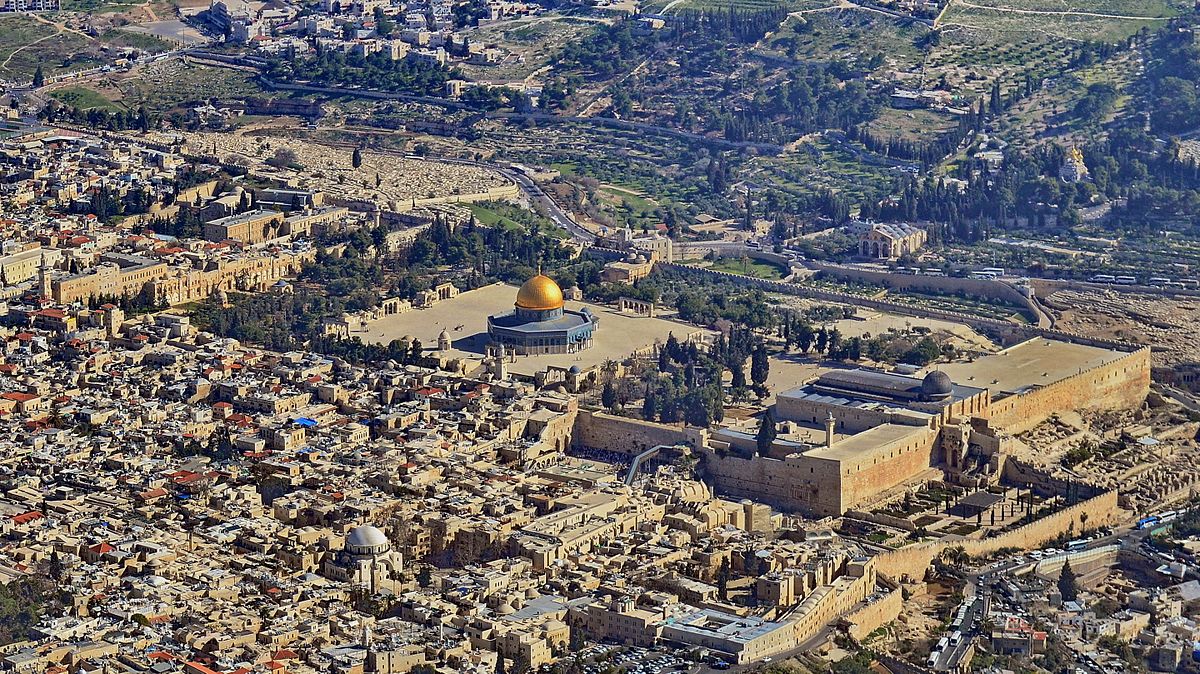It has been nice coming home - to the US, to Massachusetts, to
the Eisner Camp community, and most especially, home to my family. My three
plus weeks in Europe and Israel were terrific. But it’s a long time to be away.
Yet, even in coming home, there is some unsettling in my
heart and soul. I left Jerusalem and Israel just days after the events at the
Temple Mount in Jerusalem’s Old City erupted. Now, a bit over a week later, I
find myself anxiously reading the news from Israel. As happy as I am to be
home, I also feel a little like I’ve abandoned my friends and family in the
cauldron that is Jerusalem in these days.
In my final days in Jerusalem I could feel the tension rising. My apartment-mate, Rabbi Howard Jaffe, and I
heeded the warnings to avoid the Old City. We’d planned a visit for our final
days but understood that the authorities were eager to keep anyone who did not “need”
to be there away. For both of us this was likely our first time in Jerusalem
without even a brief visit to the Old City.
Now I watch from a distance and my heart aches. The
precipitating incident, in which three Israeli Arabs charged out of the Temple
Mount complex guns blazing, and their murder of two Israeli Police officers was
horrific. For Israeli security forces to pursue the attackers should make sense
in any civilized society. The subsequent decision, to place metal detectors at
the entrance to the plateau, sacred to both Jews and Muslims, seemed sensible. But
it is not uncommon for the seemingly sensible to make no sense in the
volatility of the Middle East. One colleague left Israel to travel with his
family in Italy before returning home. In a post on Facebook a few days later he
captured a bit of the irony and complexity of making sense in a perplexing
place: “A little reminder to my cousins protesting on the Temple Mount. (I’m)
visiting the Vatican today. They have 4 Million visitors every year. Each one
passes through a metal detector. Each one.” Additional security in the
aftermath of a terrorist attack might seem sensible. But Jerusalem and its Holy
sites may be exempt from sensibility. It’s hard to listen to a seeming lack of
perspective about security needs at that holy site. But I am watching from my
perspective, a Jewish, pro-Israel perspective.
Since my return I have been engrossed in reading my teacher,
Micah Goodman’s newest book, Milkud-67. In English, this translates as
“Catch 67.” I first heard Micah address the topic with the group I
brought to the Hartman Institute in December during our Israel trip. I heard him speak at greater length in Jerusalem a few weeks ago. I set myself the goal
of reading his book once home - an exercise in both expanding my Hebrew
skills and reading this important addition to the ongoing debate over
Israel-Palestine and the future in that tense region. Just this morning, I was
reading Micah’s analysis of the conflict through the prism of early Zionist
history. Though in this morning’s chapter he was only discussing the divides in
the Israeli community, in his "Introduction" he makes it clear that he sees
divides on both sides of the conflict.
Sadly the events of the past 10 days have thrown the
conflict into a more complicated and fragile state. The precipitating act was
one of violence initiated by Arabs against Israeli police officers (who
ironically were Druze - a cognate faith group related to Islam.) Yet, the
outcry from the Palestinian leadership, and Arab leaders more broadly, seems to
ignore that fact. The silence from Palestinian and other Arab leaders about the
heinous attack on a family sitting to Shabbat dinner in their home this
past Friday night is also difficult to comprehend. Furthermore, it is also a sad commentary on
the state of affairs in our own country, that our president seems to be
oblivious to the events of the past ten days. While the Administration is
involved, I still want to believe that we can expect moral leadership in the
face of world events from our top leader.
Daily I pray that the spiral of events can be brought under
control. No one in that fragile place needs the sacrifice of more blood and
lives. While I do not presume to have “the answer” to this current violent
episode, I pray that the leaders - on all sides will bring the best of
their thinking and leadership to calming the city, the region, and the peoples
who share it. In the meantime, my heart
aches and breaks as events continue to spiral. While I am thrilled be at home
with my family, there is a part of me keenly focused on where I have been.
Micah Goodman writes in the Introduction to Catch-67,
our Rabbis teach that “Torah scholars increase the peace in the world.” He notes, that they are not meant to create
that peace, but through their actions, to increase it. Micah writes that it may
be time to give up on the notion of complete peace and focus on how we increase
peace. May all who so desperately need greater peace find it – through the actions
of our leaders, through their own individual actions, and through what I
continue to pray will be a more broadly held commitment to increasing the peace.



No comments:
Post a Comment